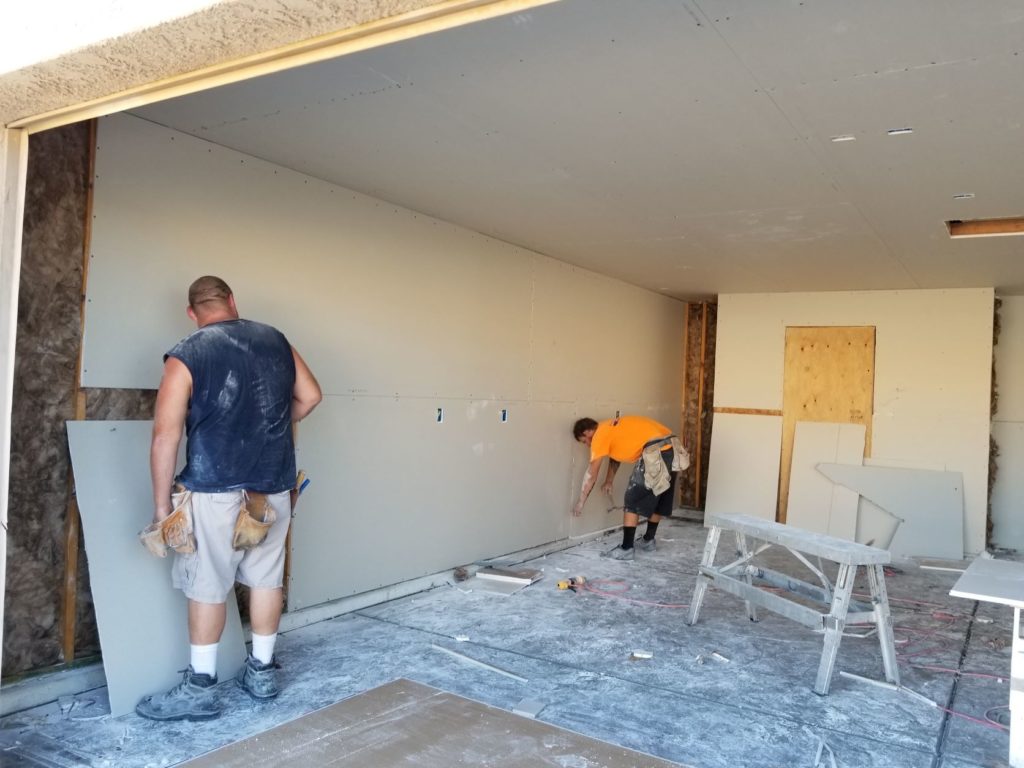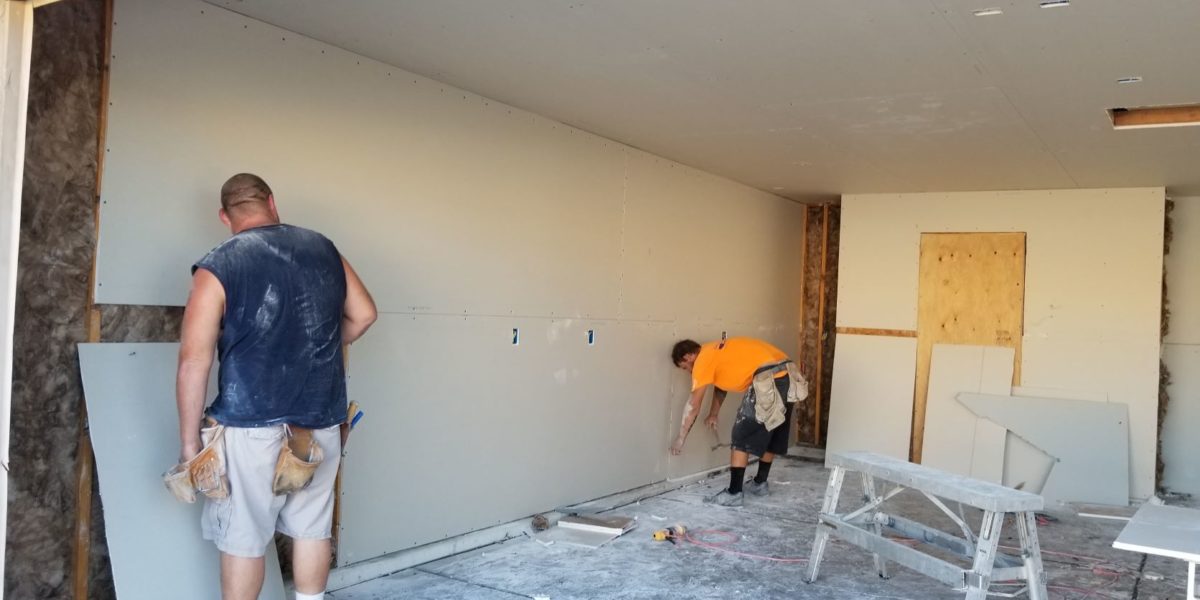A reverse mortgage can allow you to use the funds for property repairs. After repairs are complete, the loan officer will verify them and arrange for an inspection. If the repairs were completed correctly, any remaining funds in the repair set-aside are transferred to the reverse mortgage line of credit and become available for you to draw on. To make any further repairs to the property, you will need additional funds or the proceeds from your reverse loan.
HECMs
You must own the house you want to borrow the money on in order to be eligible for a Home Equity Conversion Mortgage (HECM). This means that you will need to make repairs to the property and pay property taxes and insurance. You do not need an escrow account to pay property taxes, unlike a traditional mortgage. You could be subject to foreclosure if you fail to make the required payments.
Before you can apply for a HECM, it is necessary to first meet with a lender. The lender will review your finances and determine if you qualify. If so, the lender will also assess whether you can afford the required repayments. A lender might also ask you to set aside funds for homeowner’s insurance or property taxes. These funds will be deducted out of your loan proceeds. No matter which type of loan you choose you will still be responsible for maintaining the property for the life of the owner.
HECMs can also be used to buy or repair a property. Higher appraised homes may be eligible for a larger loan advance or more funds. However, you should note that there are strict eligibility requirements and fees for HECMs. Before applying for HECMs if you are married, it is important to verify that your spouse is in the same group as you.
The type of loan that you choose will have different interest rates. The majority of reverse mortgages have variable rates, which are tied to the market. This gives you more options, however, it limits the amount you can borrow. You should also know that interest charges can be deducted from your income tax return.
Single-purpose reverse mortgage with AmeriVerse Reverse Mortgage
AmeriVerse Reverse Mortgage can be a great option for older homeowners looking to use the funds to pay property taxes and make repairs to their home. These loans can be difficult and not always available. Single-purpose reverse loans are available through credit unions and state governments. They can be more affordable than a general purpose reverse mortgage.
Unlike HECM loans, single-purpose reverse mortgages can only be used for approved purposes, such as paying off property taxes and repairing a property. These mortgages also don’t require monthly payments or HUD insurance, and they may be easier to qualify for.
Single-purpose reverse mortgages are backed by nonprofit organizations and are not federally insured. They also do not require monthly insurance premiums or counseling. They may be subject to higher interest rates. Contrary to jumbo reverse loans, single-purpose reverse mortgages require fewer eligibility requirements and fees.
Contact a lending agency if you want to use reverse mortgage funds for property repairs. They can provide advice and guidance on the application process. They may also offer a loan or a repayment plan depending on your situation. Beware of high-pressure sales pitches, hidden fees, and other pressure tactics.
Another benefit of single-purpose reverse mortgages is that the funds are tax-free. This means that you can use them without worrying about how they will affect your Social Security or Medicare benefits. You should check with a financial advisor to ensure that you qualify. Most people with low to moderate incomes can get a single-purpose, reverse mortgage. People with higher incomes may not be eligible.

Federally-insured reverse mortgages
Reverse mortgages are flexible loans that can help homeowners repair their property. But, borrowers need to ensure they have enough money to complete their repairs. They must also make sure they pay all property taxes and insurance. Sometimes, lenders will set aside funds in an account for these expenses.
The most common type of reverse mortgage is a home equity conversion mortgage, or HECM. This type of loan allows borrowers access to their equity when they need it. It can be repaid in fixed monthly payments, a line of credit, or both. These loans are only available to FHA-approved lenders. Before closing, borrowers must undergo counseling. Other types of reverse mortgages are proprietary, or private, and not backed by the government. The latter type is generally better because it may allow borrowers a larger loan amount.
Single-purpose reverse mortgages are less common, and are usually offered by nonprofit organizations or state and local government agencies. These loans are often much more affordable and only available in certain markets. However, single-purpose reverse mortgages are often limited to a single purpose, such as home repairs and improvements, and property taxes.
Reverse mortgages offer flexibility and additional income for retirement. They can be used to repair a property or for retirement planning and home improvement. They do require a financial evaluation, but they can help seniors looking to replace or make repairs.
Reverse mortgages are a way to tap into equity that has been built up over years through home mortgage payments. These loans don’t have to be repaid unless the last homeowner is able to pay them back. The loan will be repaid using the estate proceeds.
Refinance your reverse loan
It’s important to understand what the reverse mortgage refinance process entails if you want to repair a home. You’ll need to meet certain requirements, such as maintaining sufficient equity in your home and financial stability to meet the loan obligations. Refinancing your reverse loan can bring you a lot of benefits, including more cash in your pocket and peace-of-mind.
One benefit is that you can add your spouse to the reverse mortgage. This will allow you and your spouse to keep the property in case your spouse dies or moves away. It is important to note that you must wait five years from when you closed your existing reverse mortgage before applying for a new one. During this time you will need repay your current loan.
When you refinance your reverse mortgage, you can negotiate better terms. This will allow you to pay off your loan more quickly and with lower interest rates. You can also choose a fixed interest rate that fits your financial situation. You can even use the funds to fix your home.
But, your reverse mortgage will still be a loan and accrue interest. You will be able to get the difference between the mortgage amount and the current market value if your home’s worth increases. Otherwise, you’ll have to sell it or give it back to the lender. A reverse mortgage is not an option for everyone.
The downside of a reverse mortgage is that you have to pay for property taxes and insurance. Your lender will often require you to maintain a set-aside account, which is funded by the proceeds of the reverse mortgage. This will increase your monthly mortgage payments. A reverse mortgage is a way to fix a property. It’s important that you seek professional advice and guidance from a mortgage counselor.
Scams involving reverse mortgages
Be wary of scams if you are thinking about using funds from your reverse mortgage for the purpose of fixing up your property. You should always seek independent advice before making any investment decisions. Don’t let unscrupulous companies pressure you into investing. High-pressure sales tactics like unsolicited email, emails, or voice-recorded telephone calls should be avoided.
These scams are designed to convince people to invest in things they don’t need. Some investments that they suggest may be fraudulent or have high fees attached. The advisor also may not explain that the returns won’t cover the interest you’re paying on your reverse mortgage. They may even try to persuade you to use the money to buy another property or fix it up and sell it quickly.
Scammers also often claim they can increase your property value with a reverse mortgage. These fraudsters often collude with real estate agents and mortgage loan officers to earn commissions on the sale of the property. While they may not be looking to make a profit, they still want to defraud you of your money. Sometimes, a scammer may send a handyman out to assess your property and recommend that you use the reverse loan funds to fix it.
A reverse mortgage scam is another common one. A realtor will approach seniors to offer them a lower-cost property that’s been updated. These scams will involve the broker obtaining a special mortgage reverse and diverting the funds to his account. The elderly will be convinced that they are receiving assistance from the Housing and Urban Development (HUD), to fix up their property.




